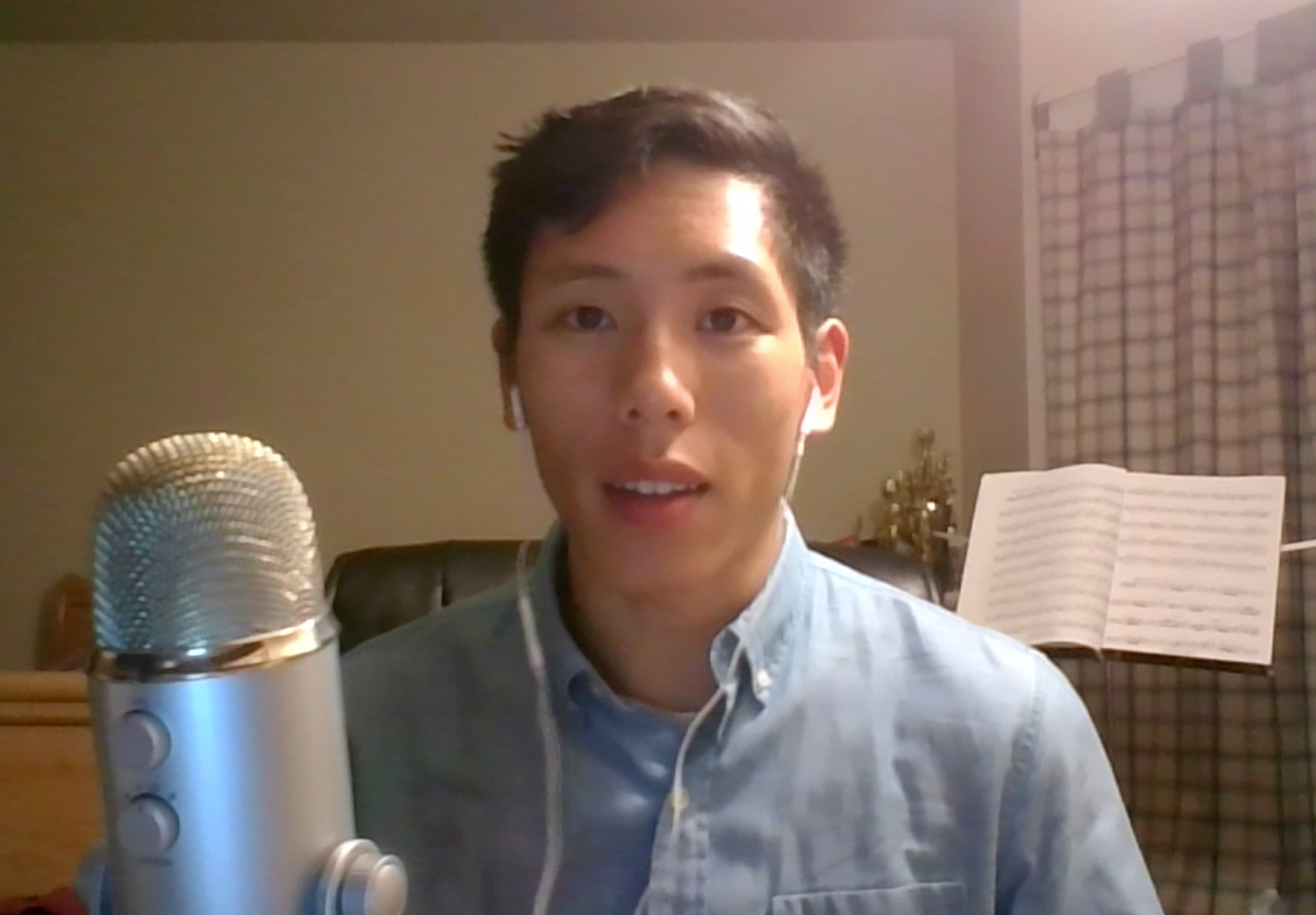Why I Needed a Cardiologist at 19: A Story of Pericarditis

It’s a few days after getting home from my first year of college, and I’m recovering from my wisdom tooth removal two days prior (I’ve made the choice of not taking them out all at once - for better or for worse). The recovery was going smoothly: minimal swelling and I was eating normally. However, while lying in bed at 9PM, I felt a piercing pain take over my heart. It wasn’t the kind of chest pain you get after running too fast for too long. It felt like someone held my heart in their hands and squeezed it like a stress ball. Was I having a heart attack? Was I dying?
Who better to ask than my dad - a cardiologist? I walk over to my parent’s room, lie in bed next to my dad working on his laptop, and writhe in pain. He was, understandably, a bit skeptical. Teenagers don’t usually get this kind of chest pain for a heart attack - even if they were presenting it right in front of you. Nonetheless, he passed it off as costochondritis - an inflammation of the cartilage in between your sternum and your rib cage. And while the pain subsided after a few more minutes of agony, I still wasn’t feeling sure about this diagnosis. When I wake up the next morning, I wake up struggling with my breathing.
Chest Pain After Wisdom Teeth Removal
The chest pain was back, I could feel my heart, and while it wasn’t the stranglehold of last night, I was very uneasy. I give my father a call and he begins to suspect it could be something like pleurisy (inflammation of the lungs’ lining) or even pericarditis: the inflammation of the pericardium (the sack that surrounds the heart and prevents infections).
After some informed Googling, I grab my dad’s stethoscope at home and listen to my lung sounds. Lo and behold, I heard a grating sound as I breathed in and out - a telltale sign of pericarditis. With each breath, I could hear the sound of a shovel being dragged against asphalt. All the while, I was having miserable acid reflux from the hefty ibuprofen pills I was being prescribed for the wisdom tooth removal (which I quite frankly didn’t need). Throughout the week, I would wake up with chest pain, go to bed with chest pain, and have random spurts of chest pain throughout the day; to add insult to injury, each meal felt like a trial by fire (literally).
Pericarditis Diagnosis
By the end of the week, I had visited my urgent care clinic and been prescribed antacids (which were a blessing) and taken a blood test, an EKG, and a chest X-ray. The results come back and I had a normal-chest X-Ray, a slightly unusual EKG, and marginally high troponin (a protein used in muscle contractions which serve as a proxy for heart stress). Most importantly, that “marginally high” troponin was a point of concern for both my attending doctor and my dad which likely indicated I had a case of pericarditis (likely from a random virus).
And so, my family and I decided to make an appointment with a cardiologist who reviewed my blood test results, chest x-ray, and EKG. I had a similar discussion with him as I had with the urgent care doctors: the troponin was a bit concerning, my chest was normal, I had pleural grating lung sounds, and my EKG was unusual but nothing too worrying. With him, we decided on the plan for the next few weeks. I was given an anti-inflammatory for my heart and was asked to call back in two weeks to discuss how I was doing, then visit in four weeks. While pericarditis was by no means going to be dangerous (barring major strenuous activity) or likely to worsen, it slowed me, and my life, down.
I remember walking around the week after my appointment and feeling miserably out of breath after only walking ten blocks at a slow pace. The chest pain, while not aggressive, held me on a string and I would get exhausted completing the most minimal of physical activities. For someone who had run as many as 60 miles a week, I felt defeated. After giving myself time to recover from the wisdom tooth removal, I wanted to get back to running or even to move without fear of pushing too hard. There wasn’t much I could do to get better faster or to recover sooner besides waiting and staying away from physical activity. I simply had to be patient and make sure I was taking my medicine.
Pericarditis Recovery
In the meantime, I poured myself into spending time with friends and working at my summer research position. By no means glamorous, time away from running was time for me to reset with what I wanted from the sport. Did I love the sport or was it just a habit? I wasn’t too happy that I knew, and felt, that I was losing my fitness (and gaining some weight). As the weeks passed, I could feel my chest pain disappearing and my heart relaxing. However, when I tried biking or a mile or two of running at four weeks, I was too scared to push my body any more than that. After some more time, the pain was gone and I received clearance from my cardiologist. At this point, I decided that I would finally try to run again.
Building fitness wasn’t easy though; let alone while trying to make sure your heart won’t explode while you run (an exaggeration, but it certainly felt like it). The empty weeks of training lingered on my Strava (a popular online platform and app for workout tracking) and haunted me as a permanent reminder of my inability to train. I’m not fond of missing training or setbacks in particular, but rushing the process would have only hurt me more. So, I eased my way back into running a modest 16 miles the first week (a little over 3 miles a day for 5 days).
The progression meandered, I was only adding on about three or four miles each week for a few weeks. During this time, I felt like a shadow of the runner I was. I clunkily ran (more than usual) through my miles as I tried to regain my sense. The weeks passed by and my runs kept feeling unnatural. It wasn’t until I got home from my summer job a few weeks after and began running with some high school friends that I felt like I was beginning to fall in love with running again. Spending time with friends and finally feeling a true sense of improvement. To truly recover from pericarditis meant both reaching out to my friends, and reestablishing myself as an athlete in spite of the condition.
In all, it took me almost six weeks to feel like I was ready to get back to running. My entire experience with pericarditis was unique, especially at 19; however, I gained a newfound appreciation for my time being healthy and able to train. While I can’t guarantee that I won’t have another episode, I suppose the best thing I, or anyone, can do is work with my cardiologist, be proactive, and take everything in stride.
Written for Reboundwear® by Sean A. Wang






Hi, I am Lana and im 21. I also faced this as an aftermath of Covid-19, I am currently still facing it now. I have been on the NSAIDs for about 2 weeks now, but I think during the time of me recovering from Covid-19 post viral infection, I got sick again with a flu. So my pericarditis in itself didn’t change thankfully, but it definitely didn’t get better from the flu. But I found that rest and staying with friends and family and not trying to overwhelm myself with too much work or overthinking. I am adjusting to my circumstances but still not feeling like my usual bubbly self. I am hoping that soon enough, with the help of God that I’ll feel like I’m back to myself.
Best wishes to you guys! Reading your comments made me feel so much more hopeful. In these times we just gotta be patient and hope for the best.
Hi, I am Lana and im 21. I also faced this as an aftermath of Covid-19, I am currently still facing it now. I have been on the NSAIDs for about 2 weeks now, but I think during the time of me recovering from Covid-19 post viral infection, I got sick again with a flu. So my pericarditis in itself didn’t change thankfully, but it definitely didn’t get better from the flu. But I found that rest and staying with friends and family and not trying to overwhelm myself with too much work or overthinking. I am adjusting to my circumstances but still not feeling like my usual bubbly self. I am hoping that soon enough, with the help of God that I’ll feel like I’m back to myself.
Best wishes to you guys! Reading your comments made me feel so much more hopeful. In these times we just gotta be patient and hope for the best.
Currently suffering from pericarditis. The pain sucks, some days are better than others. I was an avid runner myself and now I’m terrified at the thought of running again. Taking colchicine daily and praying I get better. I’m 20 myself, seeing how similar our stories are made me feel a lot better. For me, I noticed chest pain while at a high heart rate for a couple weeks and gradually increasing pain until last week the pain was unbearable, I thought I was dying. I hope I can recover as you have. Also, how has your recovery been? It’s almost been a year since you published this, have things been good?
Leave a comment